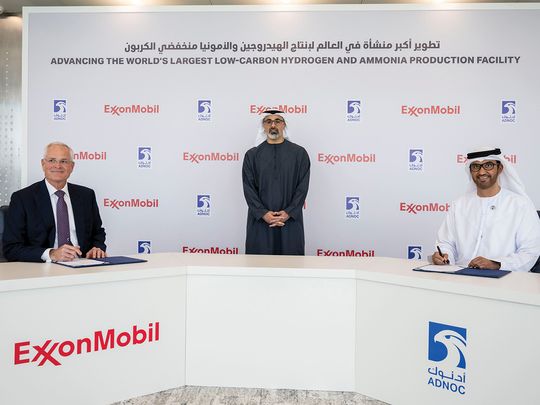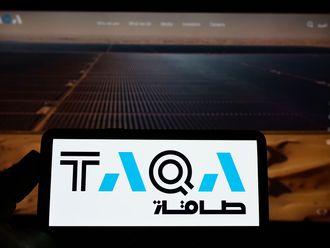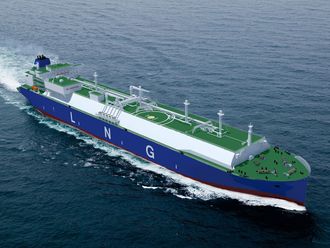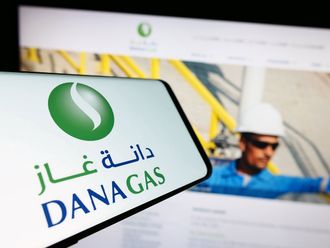
Abu Dhabi: Abu Dhabi National Oil Co (ADNOC) announced Wednesday that it has agreed to take a 35 per cent stake in Exxon Mobil Corp.’s proposed hydrogen project in Baytown, Texas. Once built, this project is likely to be the world’s biggest.
Sheikh Khaled bin Mohamed bin Zayed Al Nahyan, Crown Prince of Abu Dhabi and Chairman of the Abu Dhabi Executive Council, witnessed the signing of a strategic partnership between ADNOC and ExxonMobil Corporation.
Following the signing of the pact, Sheikh Khaled stressed the importance of collaboration in supporting the UAE’s efforts to ensure the security and sustainability of the global energy sector and strengthen the UAE’s position as a global producer and supplier of low-carbon hydrogen.
Accoring to a Reuters report, ADNOC's investment shows a sign of confidence in a multi-billion dollar project that Exxon said it would cancel if the US government restricts tax credits for it. It said a final investment decision was pushed into 2025, from 2024 after President Joe Biden's administration announced clean energy tax incentives. However, the US government limited incentives for natural gas-run facilities, like the proposed Texas plant.
Exxon CEO Darren Woods earlier this year said the project could be canceled without similar tax credits offered to hydrogen facilities powered by renewable fuels. Exxon and ADNOC have declined to disclose the value of the transaction.
ADNOC, however, said in a statement that a final investment decision (FID) is expected in 2025, with an anticipated startup in 2029. It said the deal is contingent on supportive government policy and necessary regulatory permits.
ADNOC said the strategic agreement with Exxon represents a significant investment in US energy production and global energy transition goals. The goals are to reduce greenhouse gas emissions across hard-to-decarbonise sectors, including industry, energy, and transportation, meet rising demand for lower-carbon fuels, and accelerate a net-zero future.
Dr Sultan Ahmed Al Jaber, Minister of Industry and Advanced Technology and ADNOC Managing Director and Group CEO said, “This strategic investment is a significant step for ADNOC as we grow our portfolio of lower-carbon energy sources and deliver on our international growth strategy. We look forward to partnering with ExxonMobil on this low carbon-intensity and technologically advanced project to meet rising demand and help decarbonise heavy-emitting sectors.”
Largest of its kind
The facility is expected to be the world’s largest of its kind upon startup, capable of producing up to 1 billion cubic feet daily of low-carbon hydrogen near carbon-free. The plant would have the capability to remove approximately 98 per cent of carbon dioxide (from the hydrogen) and produce more than 1 million tonnes of low-carbon ammonia per year.
The facility would also leverage advanced carbon capture and storage technologies to reduce emissions associated with hydrogen production.
ExxonMobil Chairman and CEO Darren Woods said, “This is a world-scale project in a new global energy value chain. Bringing on the right partners is key to accelerating market development, and we’re pleased to add ADNOC’s proven experience and global market insights to our Baytown facility.”
Community initiatives
Following the FID for the project, ADNOC said it intends to support ongoing community initiatives in the Baytown area, in line with the company’s commitment to sustainability and education in its operating locations.
“This commitment reflects ADNOC’s broader strategy to foster community development and ensure that the benefits of its projects extend beyond environmental gains to include social and economic advancements,” the company said.












